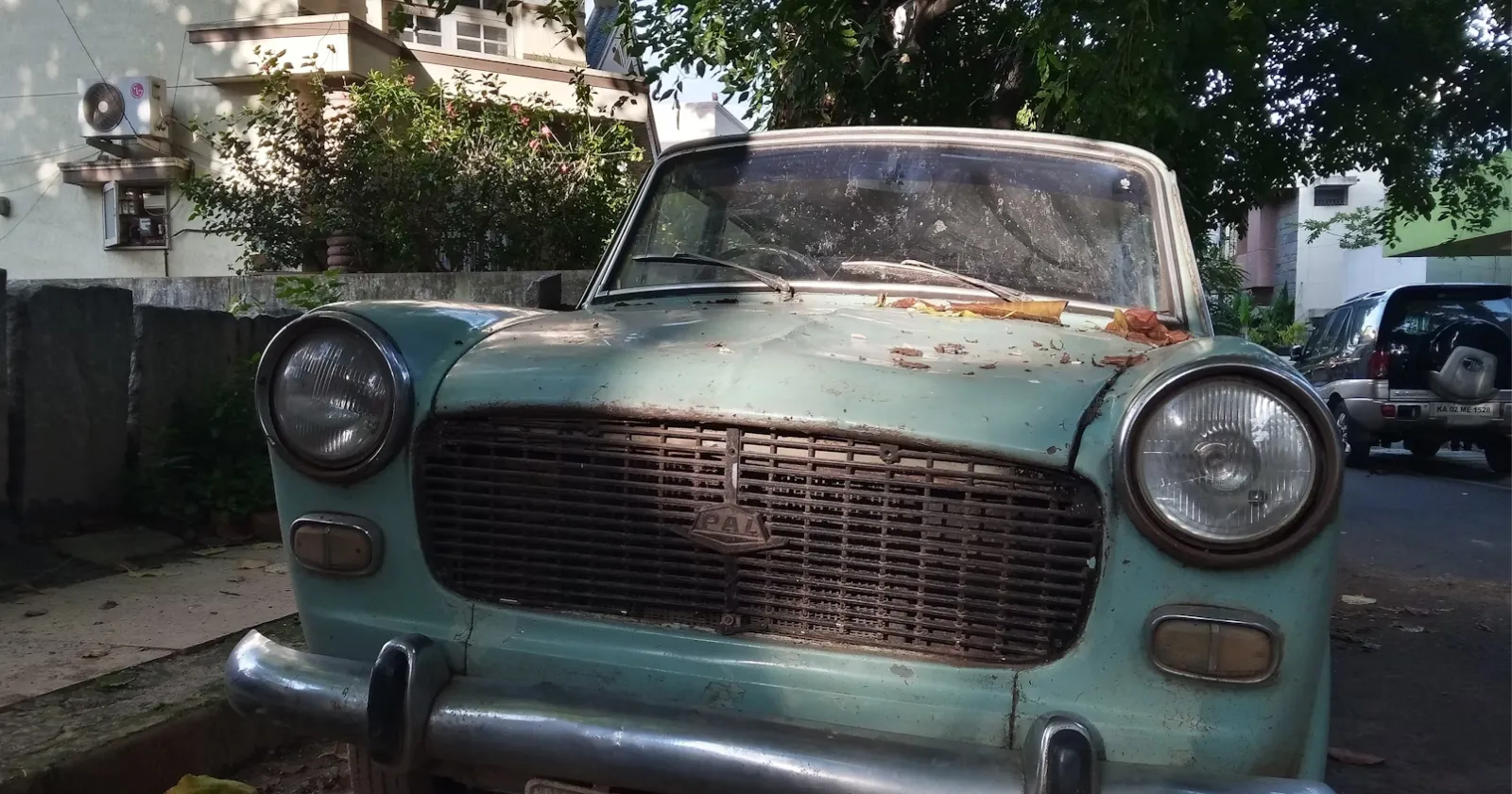
The initiative, certified under the Cercarbono standard, is a novel mechanism that connects circular economy principles with carbon markets. (Representative image)
Share Post

The initiative, certified under the Cercarbono standard, is a novel mechanism that connects circular economy principles with carbon markets. (Representative image)
Meta Materials Circular Markets (MMCM) has introduced India's first circularity-linked carbon credits derived from End-of-Life Vehicles (ELVs), with projections suggesting savings exceeding 2 million tonnes of CO₂ emissions by 2035. The programme is likely to produce over 2 lakh carbon credits annually through a network comprising more than 100 registered vehicle scrapping and recycling partners.
The initiative, certified under the Cercarbono standard, is a novel mechanism that connects circular economy principles with carbon markets.
It sets up a verifiable system linking emission reduction with material recovery, presenting India with an opportunity to supply high-integrity, traceable carbon assets to global markets.
MMCM stated the credits are supported by data from its digital Monitoring, Reporting and Verification (dMRV) platform, which tracks over 40 data points to ensure transparency and traceability. The company has partnered with over 20 registered vehicle scrapping facilities, including Tata Re.Wi.Re and Mahindra CERO, to support the initiative.
The project holds potential to unlock ₹1,000 crore in the recycling ecosystem through climate finance. MMCM said that for every tonne of ELV responsibly scrapped and recycled, approximately 0.6 tonnes of CO₂ equivalent savings are achieved. The process also recovers materials such as steel, aluminium, and plastics, which can be reintroduced into manufacturing cycles.
"Circularity-linked carbon credits open a new paradigm where India can decarbonise while creating value from recycling. This model supports India's net zero ambitions and strengthens industrial ecosystems through sustainable resource recovery," Nitin Chitkara, CEO of MMCM, said in a statement.
"By quantifying and trading ELV-linked carbon credits, we are demonstrating how emission savings and circularity can work together, setting the stage for India to become a leader in next-generation carbon finance," said Yashodhan Ramteke, Head of Carbon BU at MMCM.
The programme is a pioneering approach that simultaneously addresses vehicle waste management, carbon emission reduction and resource recovery. By creating financial incentives for responsible vehicle scrapping, the initiative aims to formalise India's end-of-life vehicle processing sector whilst contributing to the nation's climate commitments.
The Cercarbono certification provides international recognition and credibility, potentially enabling Indian recyclers to access global carbon markets and attract international climate finance. The dMRV platform's comprehensive data tracking ensures that carbon credits meet stringent verification standards required by international buyers. This model could also serve as a blueprint for similar circularity-linked carbon credit schemes in other sectors, positioning India at the forefront of integrated circular economy and climate finance solutions.
Ultraviolette F77 & X-47 Electric Motorcycles Introduced With BaaS, Prices Now Start At ₹1.49 Lakh
Acko Drive Team 5 Mar, 2026, 11:39 AM IST
MG e-Hub Becomes India’s Largest EV Charging App With 22,500 Charging Points
Acko Drive Team 5 Mar, 2026, 11:00 AM IST
New-Generation Lexus ES India Launch Confirmed For March 20
Acko Drive Team 5 Mar, 2026, 11:00 AM IST
JSW Motors Files Patents For Jetour T2 Hybrid SUV In India
Acko Drive Team 5 Mar, 2026, 10:28 AM IST
Mercedes-Benz Research and Development India, IIT Delhi Team Up for Five-Year Research Collaboration
Acko Drive Team 5 Mar, 2026, 9:57 AM IST
Looking for a new car?
We promise the best car deals and earliest delivery!
